What Is Home Equity?
The benefit of owning your home is that you can ultimately earn a profit when you sell. However, you don’t have to wait to benefit from the increased value of your home until you sell your home — which is where home equity comes in.
Your home equity is calculated by dividing the current balance on your mortgage by the determined market value of your house.
Taking Equity Out — How It Works
Now that you’ve determined the equity, taking equity out can be used to put your home up as collateral to secure borrowing power to purchase a second property.
To borrow with equity does come with risks to your primary residence. However, it can greatly reduce the amount of cash you need to buy a second property and get you favourable terms on your loan.
Is It the Same As a Second Mortgage?
Yes, this process to borrow against your home equity is the same as taking out a second mortgage — these are just different phrases to refer to the same practice.
Tips for Using Home Equity for Buying a House
Ready to get the loan you need for your second home in Ontario, Canada? Here are the top tips you need to know to responsibly borrow against the equity of your primary residence to finance your second property.
Know What You Need to Buy a House
There are limits to how much home equity you can access. So before taking equity out, determine how much money you need for your house and see if there will be enough. If not, it’s time to look into other options for funding your second property. This will also help you determine what loan offers will or won’t work for you.
Gather the Information You Need for Your Home Equity Application
Now that you know how much you need and are ready to start applying to transfer your mortgage, make sure you have all the documents you could possibly need. This will
Don’t Go with the First Home Equity Loan Lender
You may imagine getting similar deals from every lender, but how much you ultimately pay can vary significantly from one bank to another. So before you agree to how much one bank is offering to lend, get an offer from another. To transfer a mortgage can come with fees, so you want to get it right the first time. To avoid needing to transfer a mortgage, take time to shop around and only go with the best offer.
Carefully Review the Terms for Using Your Home Equity
Once you think you’ve found the perfect agreement for taking equity out to fund your new property, triple check the terms are what you believe them to be. Investigate how long you’ll be paying and the interest rates. If something isn’t what you thought, get everything cleared up or go to another lender before signing.
Is Using Home Equity the Right Choice?
Pros
- Pay Less Upfront and Save Cash. This can be reserved for budgeting maintenance costs for your new house in Ontario, Canada.
- Put More Cash into Your Down Payment. This will increase your borrowing power.
- Take Advantage of Lower Interest Rates. Though higher than your typical mortgage, a second mortgage will often offer lower interest rates than a personal loan.
- A Second Mortgage Is Easier to Get Than an Additional Mortgage. Because lenders know borrowers won’t want to risk their primary residence, your chances of approval for using home equity to buy a second house is higher than applying to receive a new mortgage.
Cons
- Your Investment Home Payments Could Risk Your Primary Residence. Because you’re using the home equity of your primary residence, anything that goes wrong with your new payments means you’re risking both properties if you miss payments.
- You Pay Closing Costs. Coming in at about 2-5% of the cost of the home equity loan, you’ll be tasked with paying the closing costs of the loan and the house.
Other Ways to Finance Your Second Ontario, Canada Home
Not sure if this is the right way to purchase your investment home? Learn about some popular alternatives and how to transfer your mortgage.
Home Equity Line of Credit
When looking to use your home equity, perhaps the most common question is about using a home equity line of credit vs. a mortgage. When assessing the pros and cons of a home equity line of credit vs. mortgage, the question comes down to whether you want upfront payments or a revolving source of credit to access as you need.
A home equity line of credit essentially acts as a credit card. You can borrow so much over a period of time to put toward house payments. So, if you want regular access to your property’s value, the home equity line of credit vs. mortgage question is straightforward: a line of credit will be the best choice.
Refinancing
Refinancing may be preferable if you don’t want additional payments but one lump sum for both properties. Refinancing may even allow you to lower your interest rate depending on current market prices. While refinancing leaves you with one balance for both homes, be warned that interest rates can be higher. So before refinancing, take a close look at whether you’re actually saving money.
Reverse Mortgage
In Canada, borrowers must be at least 55 years old to take advantage of a reverse mortgage. This is much like a second mortgage. However, with a reverse mortgage, you don’t make any payments until you leave the home. This allows you to borrow without making large payments. But know that interest accrues, even though you’re not making payments on your reverse mortgage.
The Bottom Line
After learning more about taking equity out, you can better decide how to borrow the funds you need for your second property. And if it’s not right for you, look into a home equity line of credit vs. mortgage and additional alternatives. Don’t give up on your dream of owning your second property in Ontario, Canada, just recognize that it may take some loan shopping to find the ideal solution.






